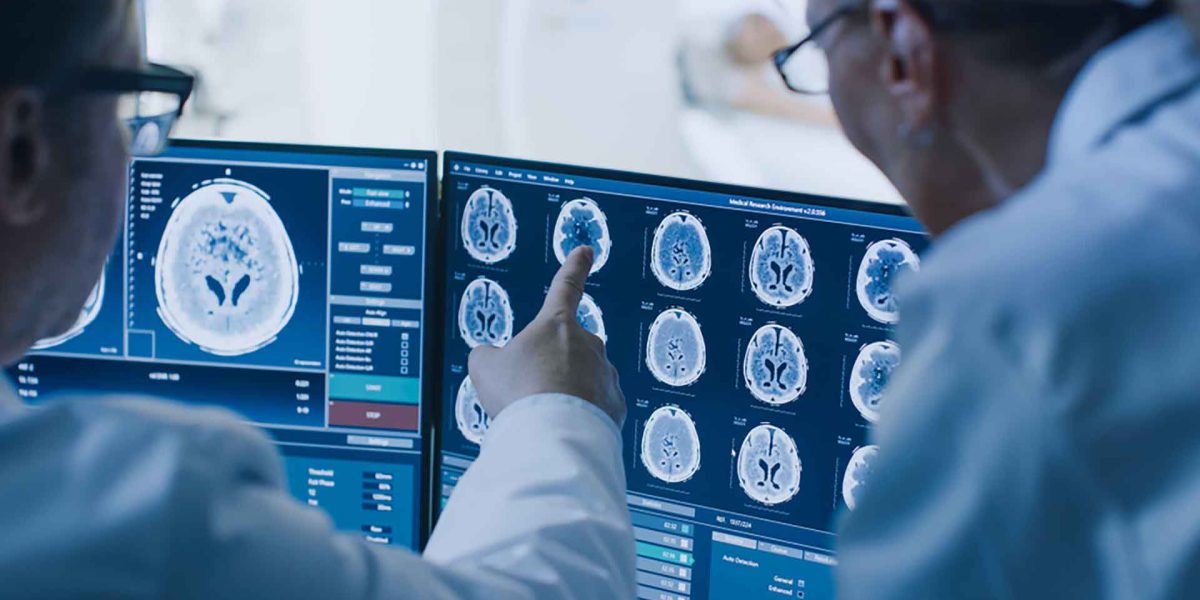Unraveling the Mystery: 10 Crucial Aspects of Navigating Radiology Certification Programs
Introduction to Radiology
Radiology has seamlessly woven itself into the fabric of modern medicine, providing invaluable insights into the human body. Not only does it assist in diagnosing various ailments, but it also plays a pivotal role in treating them.
Navigating Radiology Certification Programs: What You Need to Know
Embarking on a journey through radiology certification programs requires more than just passion. It’s about understanding the nuances, the requirements, and, most importantly, the path that’s best for you. This section sheds light on what radiology certification programs are and why it’s essential to navigate them properly.
History of Radiology Certification
The legacy of radiology dates back to the late 19th century. With the discovery of X-rays by Wilhelm Conrad Röntgen in 1895, the realm of seeing beneath the skin without incisions began. Over time, this field has experienced monumental shifts, continually pushing boundaries.
Essential Radiology Equipment
From X-ray machines to MRI scanners, the tools used in radiology are vast and varied. These pieces of equipment aren’t just machines; they are the very essence that makes detailed imaging possible, providing radiologists with the vision they need.
Role of a Radiologist
A radiologist is the unsung hero in many medical diagnoses. While they may not always interact directly with patients, their expertise offers a clear picture (literally!) of underlying conditions, setting the stage for treatment.
Benefits of Getting Certified
Certification isn’t just a feather in your cap—it’s your ticket to broader horizons. Becoming certified lends credibility to your skills, potentially opening doors to higher-ranking positions and providing you with a comprehensive knowledge arsenal.
Types of Radiology Certifications
Whether you’re interested in diagnosing neurological conditions or specializing in children’s imaging, the field of radiology offers a plethora of certification choices. It’s all about finding where your passion meets the profession.
Requirements for Certification
Before you jump into the deep end, it’s imperative to know what’s expected. From academic qualifications to hands-on experience, getting certified is a rigorous yet rewarding process.
Process of Certification
Like climbing a mountain, achieving certification is a step-by-step process. From enrolling in a program to acing the final exam, it’s a journey filled with learning, challenges, and immense growth.
Challenges in Radiology
No profession is without its hurdles, and radiology is no exception. Whether grappling with rapid technological advancements or addressing patient safety, a radiologist’s path is paved with challenges that require resilience and adaptability.
Renewing Your Certification
The world of medicine is ever-evolving, making it essential for professionals to stay updated. Renewing your certification ensures you’re at the top of your game, offering the best possible care to patients.
Real-life Experiences in Radiology
Behind every scan and diagnosis lies a story. Delve into first-hand accounts from radiologists who’ve been in the trenches, sharing their experiences, triumphs, and lessons.
Job Prospects & Career Path
A certified radiologist has a world of opportunities awaiting them. The job market is teeming with prospects, and with specialization, one can carve out a niche, ensuring a fulfilling and prosperous career.
Radiology in the Digital Age
With AI making waves in every sector, radiology is on the brink of a revolution. From machine learning-powered diagnoses to digital record-keeping, the future looks bright and promising.
Key Organizations & Affiliations
Being part of a recognized institution or association can elevate your career in radiology. Such affiliations offer networking opportunities, resources, and a community of like-minded professionals.
Frequently Asked Questions
- What is the significance of certification in radiology?
Certification serves as a testament to a radiologist’s skills, knowledge, and dedication to the profession. - How often should I renew my certification?
It’s generally recommended to renew every 10 years, but specific guidelines can vary based on the certifying organization. - Is specialization necessary in radiology?
While not mandatory, specialization allows radiologists to focus on specific areas, enhancing their expertise and job prospects. - How has technology impacted radiology?
Technology has revolutionized radiology, introducing advanced imaging techniques, enhancing accuracy, and paving the way for AI integration. - What’s the difference between a radiologist and a radiographer?
While both play crucial roles in imaging, a radiologist interprets the images, whereas a radiographer is involved in capturing them. - Can a radiologist perform surgeries?
Some radiologists, specifically those in interventional radiology, can perform minimally invasive procedures using imaging guidance.
Conclusion: The Radiology Journey
Navigating the realm of radiology is akin to navigating a vast ocean, filled with wonders, challenges, and opportunities. With the right knowledge, tools, and guidance, you can set sail confidently, making waves in the world of medical imaging.


